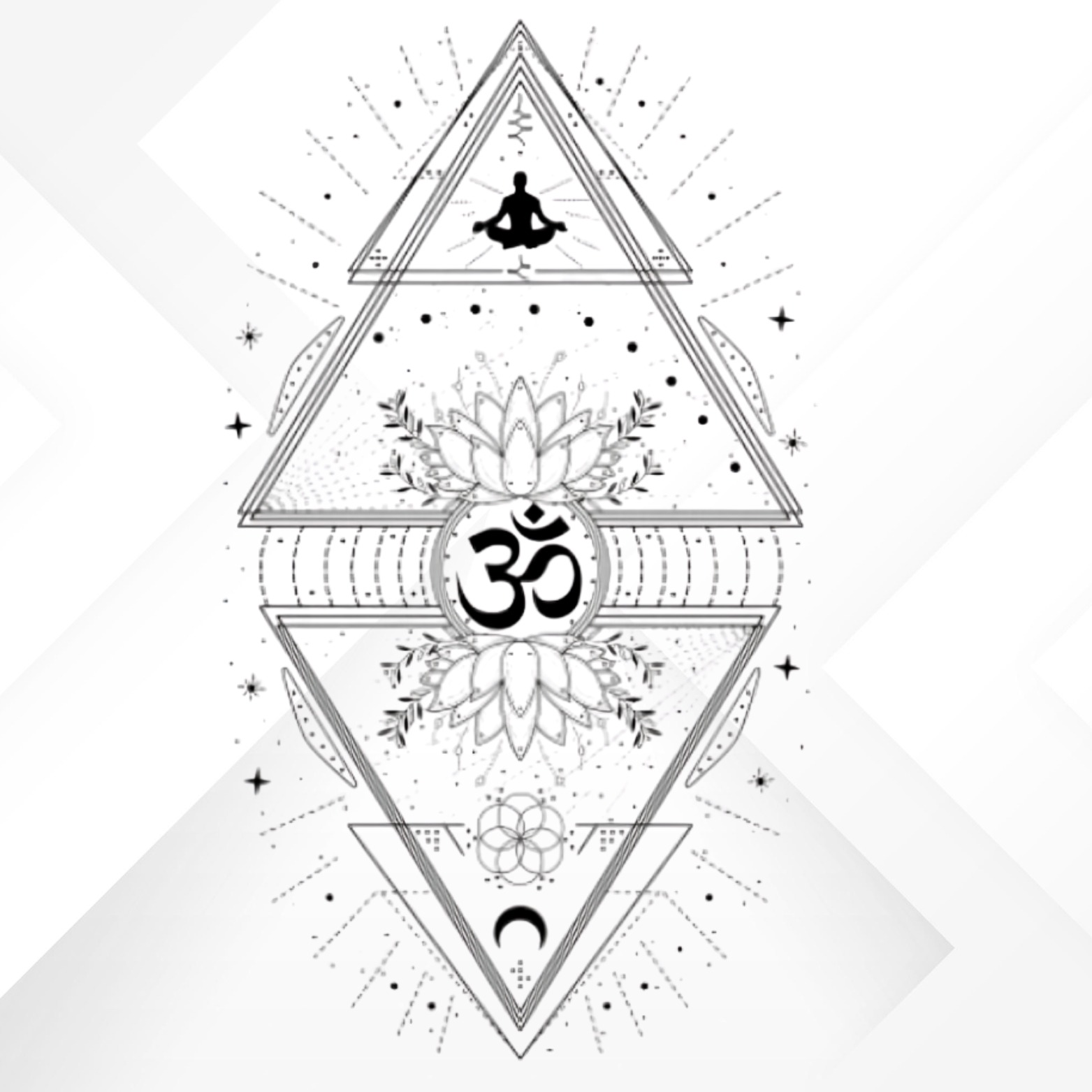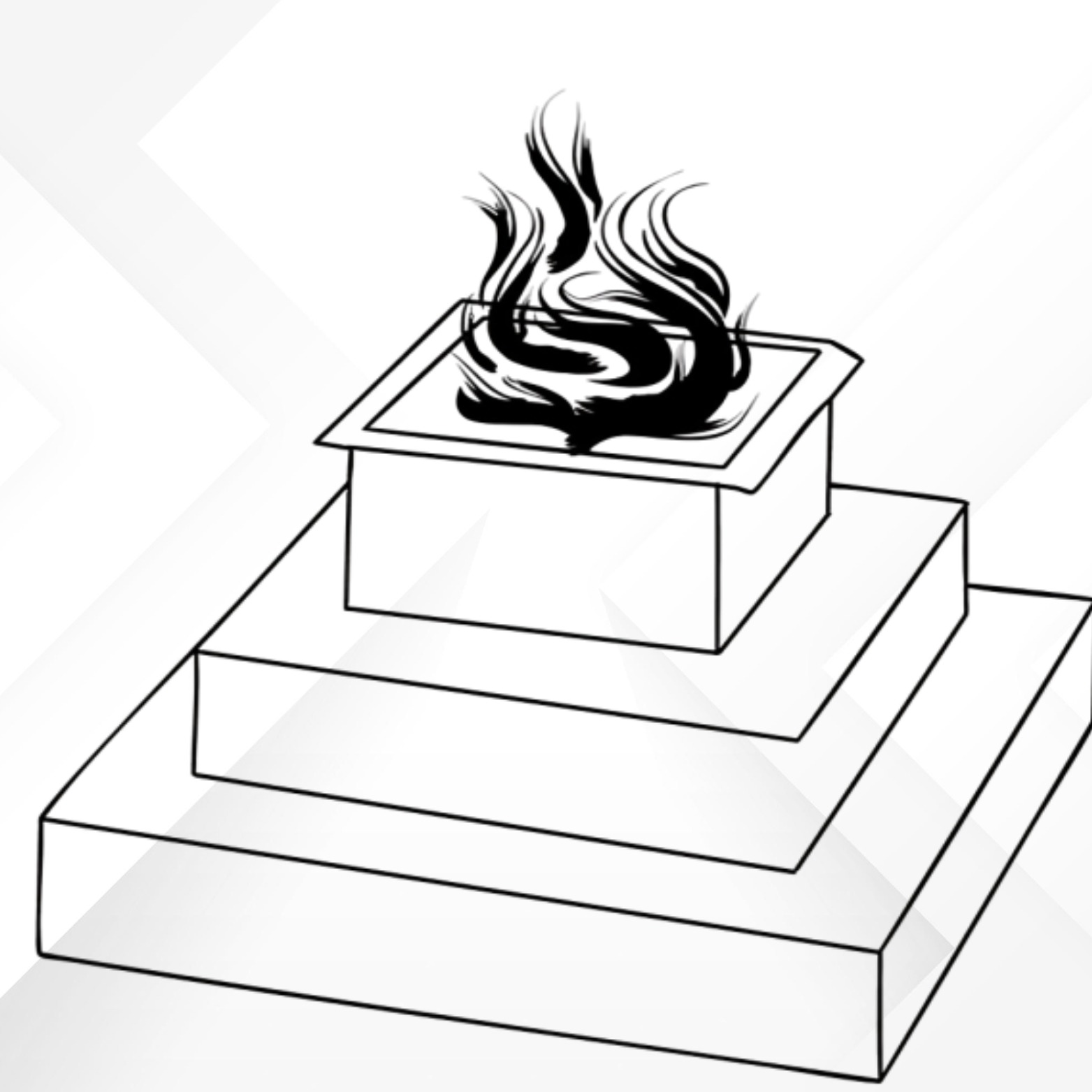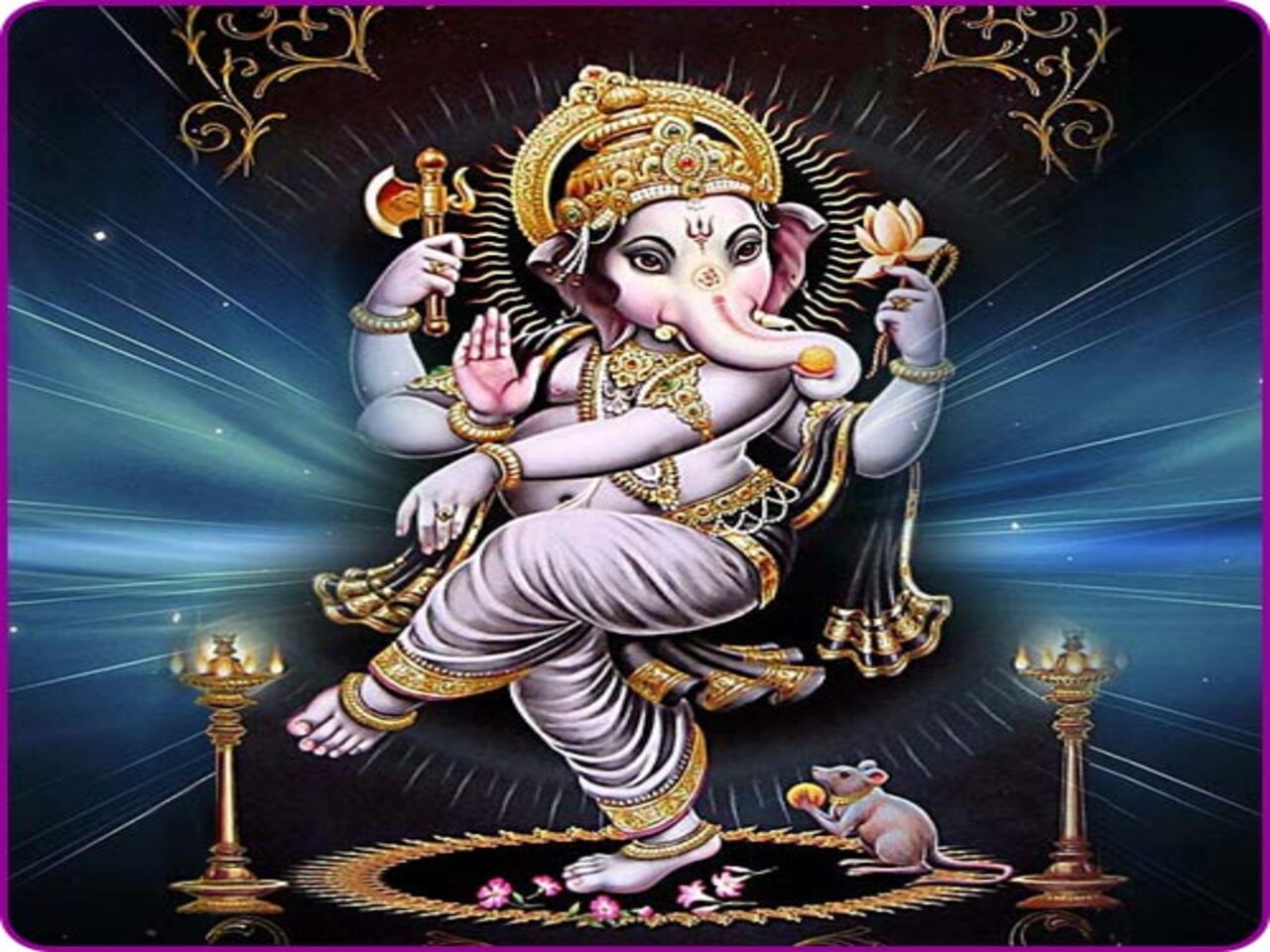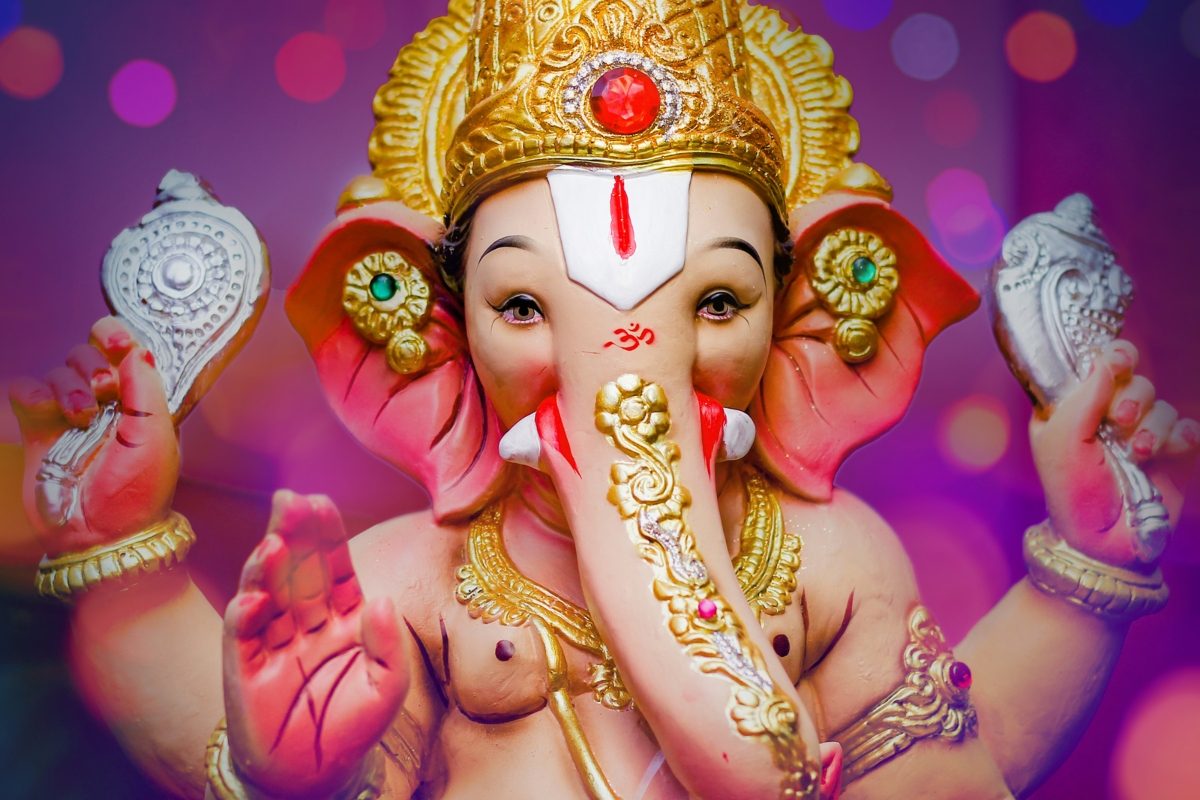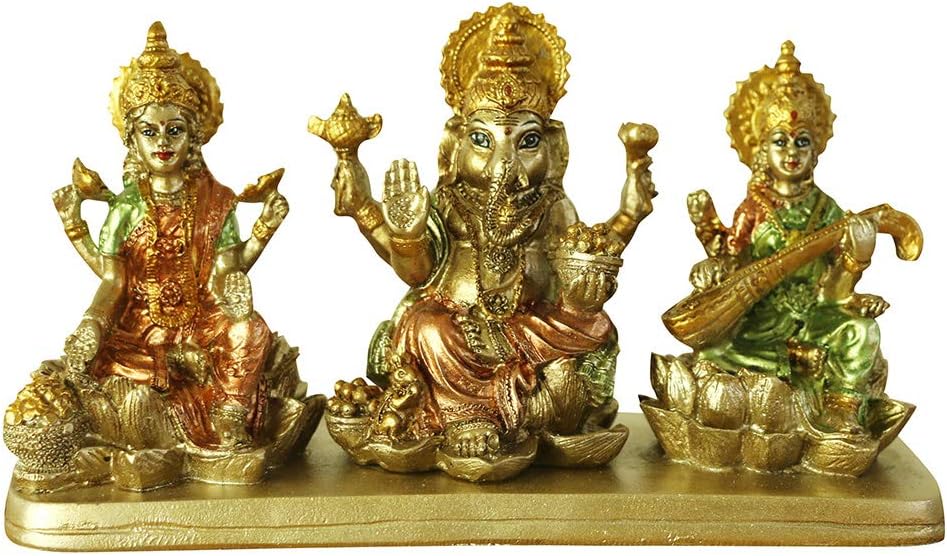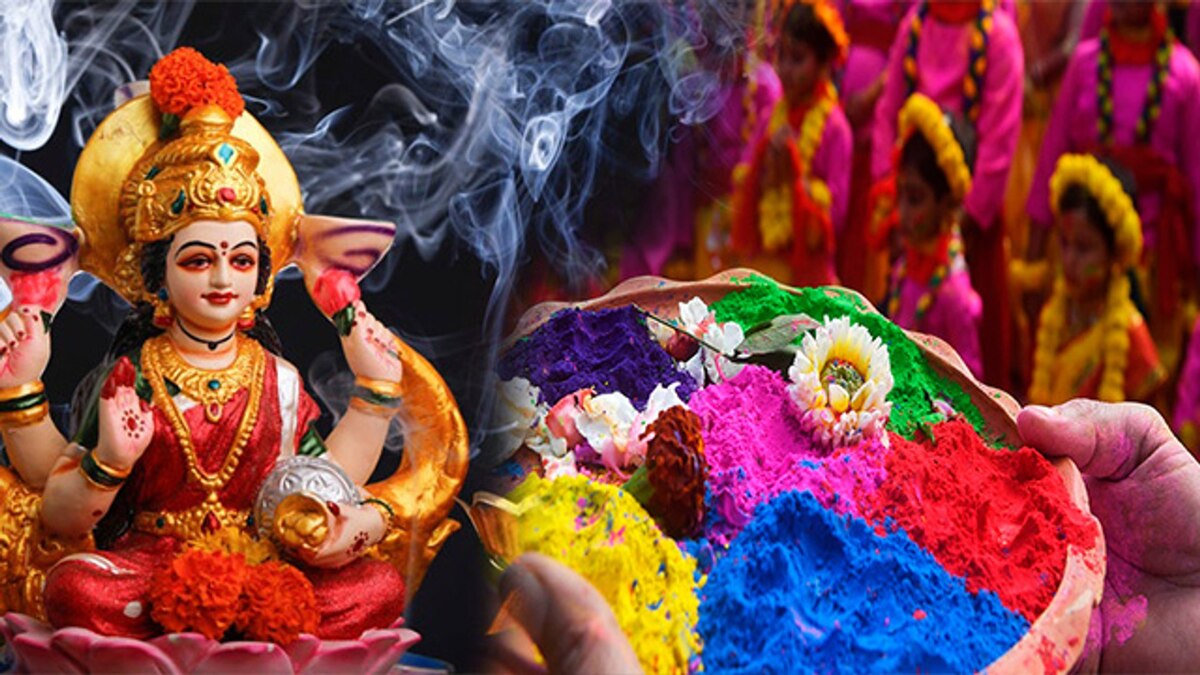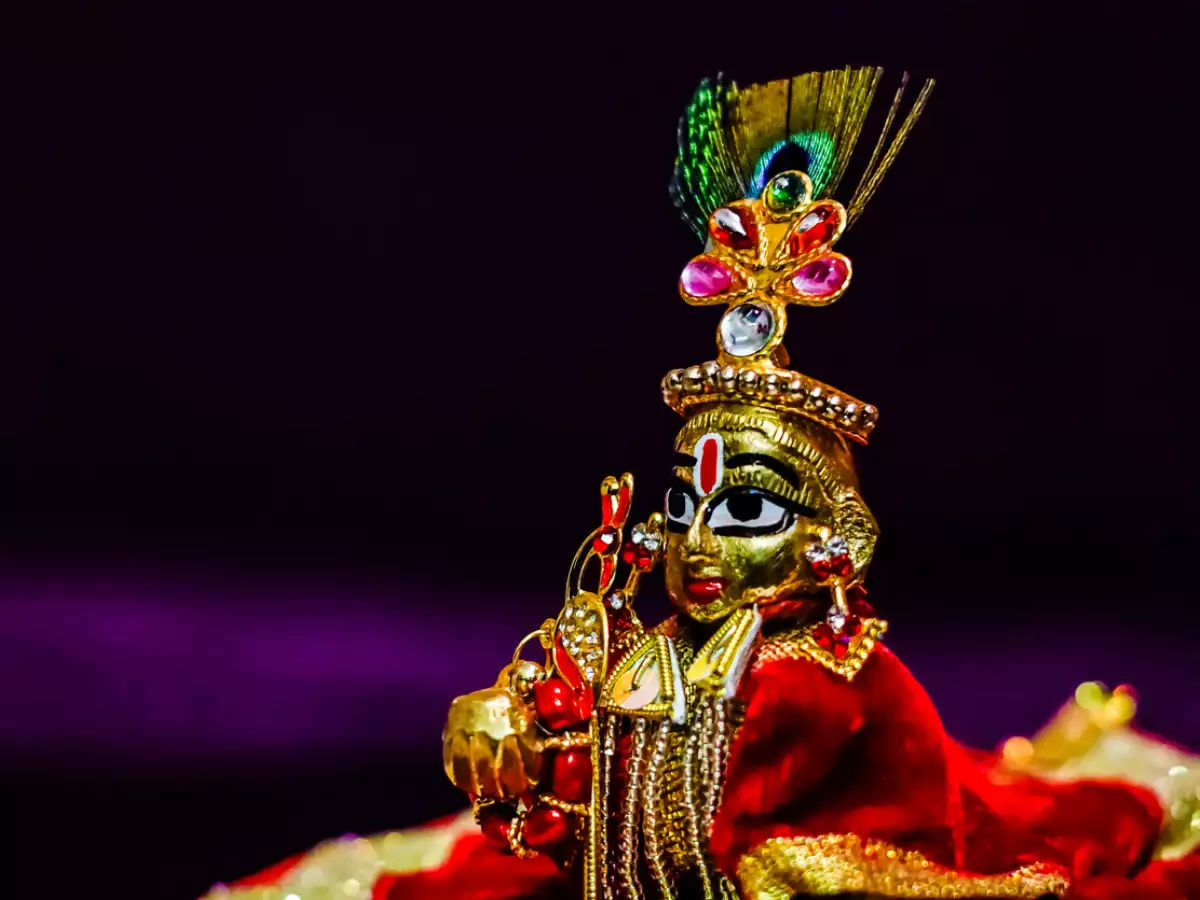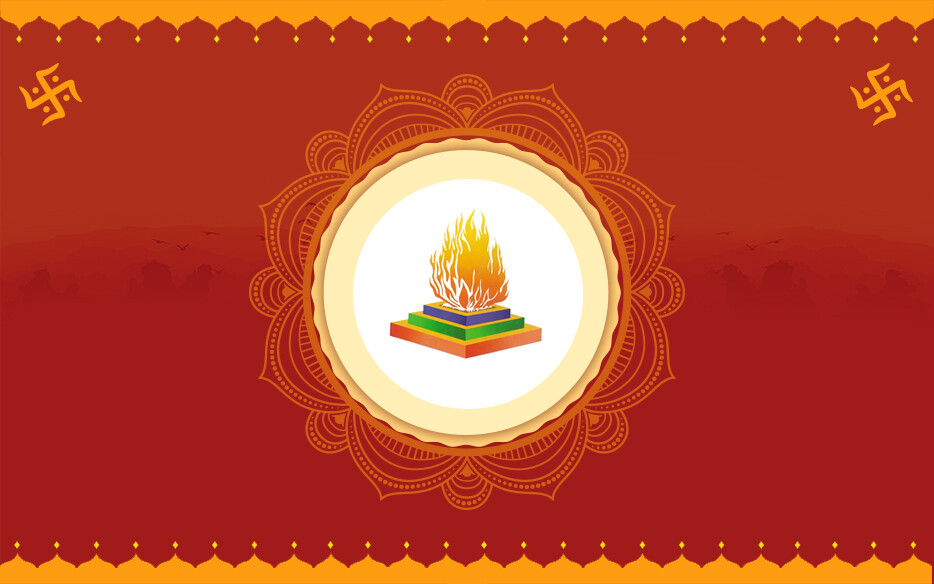Rudra Mahayagya
₹11,601.00
The Rudra Mahayagya, also known as the Rudra Abhishek or Rudra Homa, is a powerful and ancient Vedic ritual in Hinduism dedicated to Lord Rudra, a form of Lord Shiva. This puja is performed with great devotion and involves the chanting of Vedic mantras and the offering of various sacred materials into the sacrificial fire. Here is a short description of the Rudra Mahayagya puja:
Purpose: The primary purpose of the Rudra Mahayagya is to seek the blessings and protection of Lord Rudra, who is often associated with destruction and transformation. Devotees perform this puja to seek forgiveness for their sins, purification, and to overcome obstacles in life.
Chanting: Skilled priests or pundits recite Vedic hymns and mantras from texts like the Rudram, Chamakam, and other sacred scriptures. The recitation of these mantras invokes the divine presence of Lord Rudra.
Offerings: During the chanting of mantras, devotees make offerings into the sacred fire. These offerings symbolize the surrender of one’s ego and worldly attachments to the divine. The smoke rising from the fire is believed to carry one’s prayers to the heavens.
Benefits: The Rudra Mahayagya is believed to have several benefits, including spiritual purification, removal of negative influences, protection from harm, and the granting of one’s desires. It is also seen as a way to attain inner peace and self-realization.
Significance: The Rudra Mahayagya is significant in Hindu culture and is often performed on auspicious occasions or during challenging times in one’s life to seek the divine intervention and blessings of Lord Rudra.
Conclusion: The puja concludes with final offerings, prayers, and the distribution of prasadam (consecrated offerings) to all those present. Devotees believe that participating in the Rudra Mahayagya brings spiritual benefits and helps them overcome difficulties in life.
The Rudra Mahayagya is a profound and spiritually enriching ritual that emphasizes devotion, surrender, and seeking the divine grace of Lord Rudra, making it an important practice in Hindu tradition.



